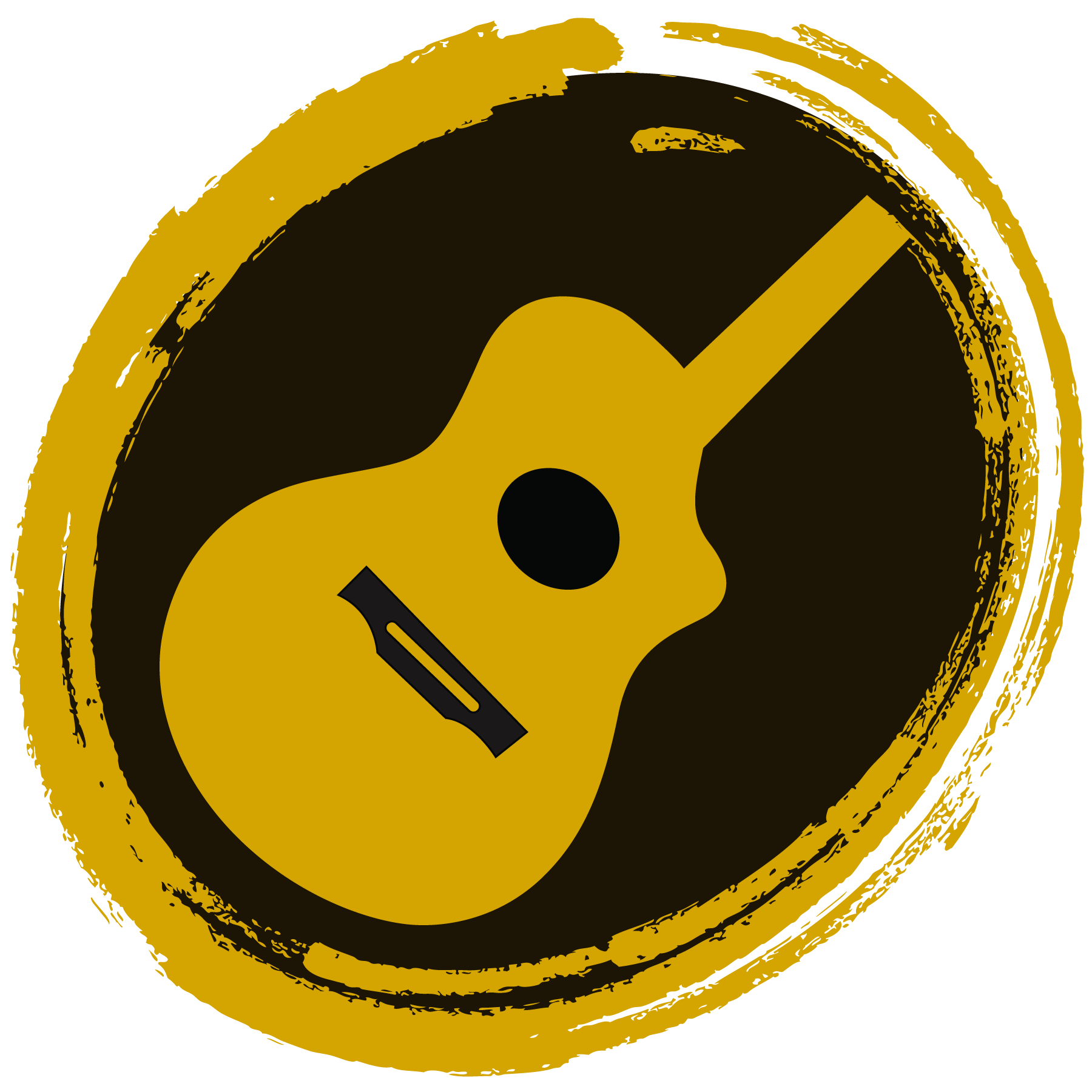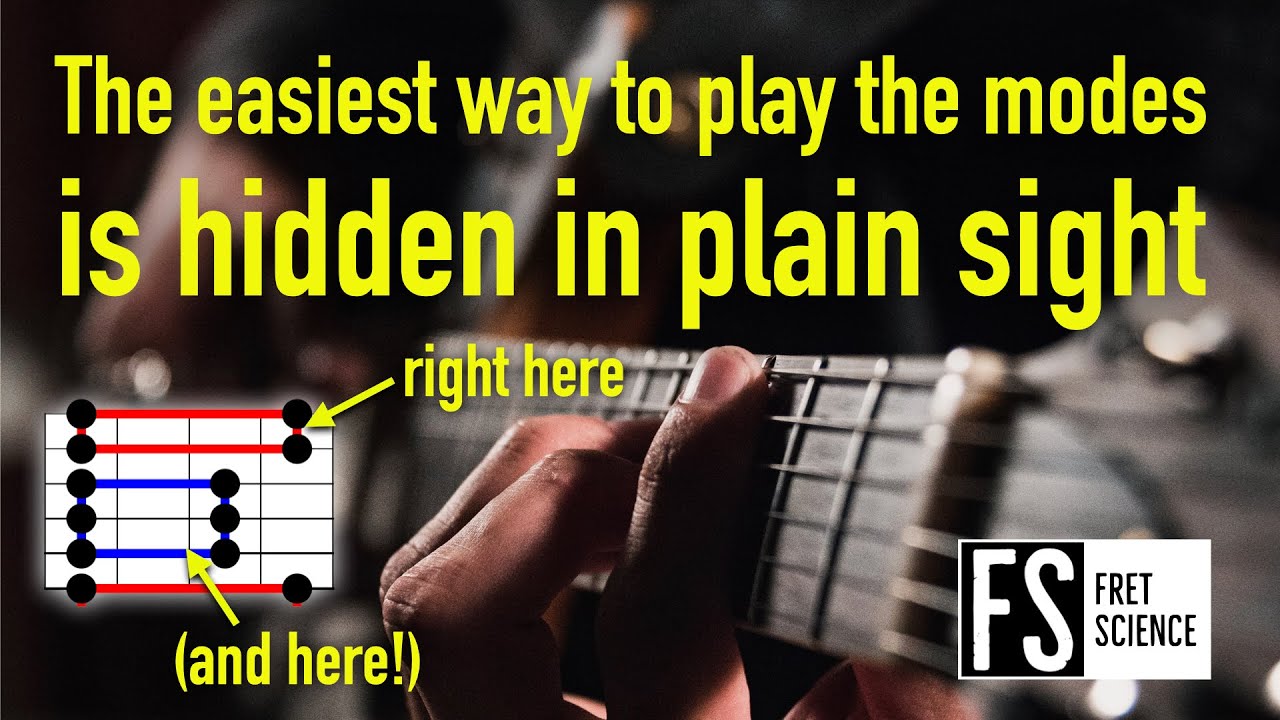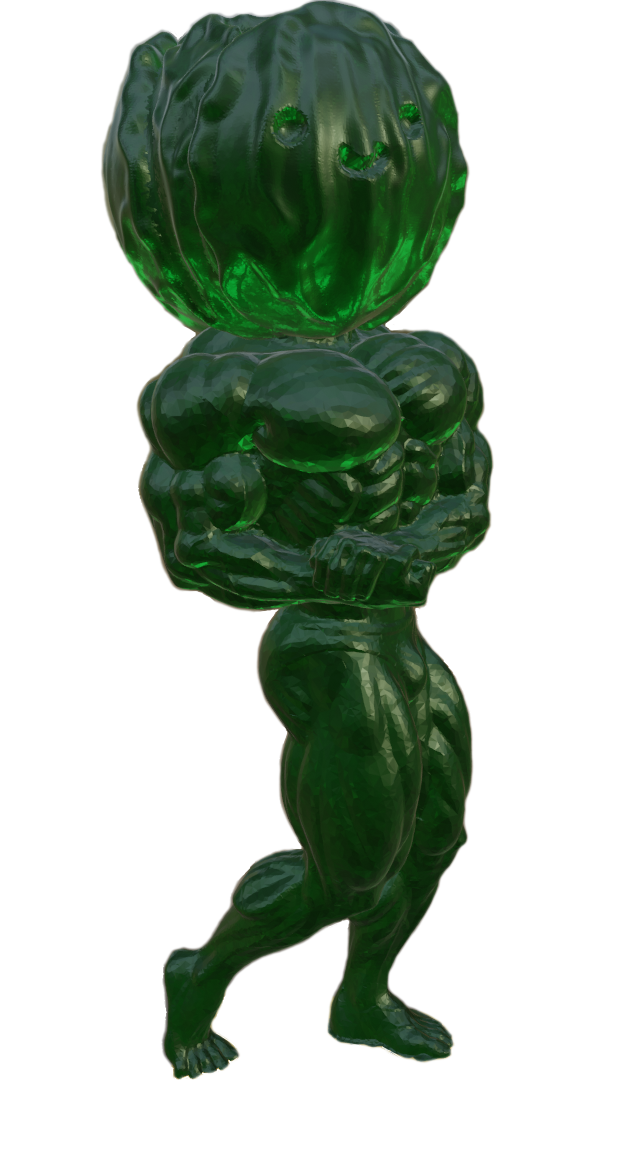Just wanted to recommend the Fret Science youtube channel, for useful insights on fretboard visualization. The video in the post link was especially illuminating for me when it comes to visualizing the modes more “atomically”. I have no affiliation to this channel, but figured that the somewhat analytical approach of the method would appeal to people here :)
The thing that finally clicked with me when I was learning modes and how to utilise them, is the need for some harmony to bring out the modal flavours. The explanation that modes are just a major scale with an alternate root note never led me anywhere until I started using appropriate chords.
TLDW: More giant fretboard charts and formulas to make your eyes glaze over. In my opinion, it’s a better use of time and more constructive to learn interval shapes and how to build those into chords and modes. Modes themselves are also much less important than guitarists make them out to be.
Thank you for your summary. I hope it doesn’t discourage too many people from watching the video though, as I have to say I respectfully disagree with most of your assessments:
More giant fretboard charts and formulas to make your eyes glaze over
The point of the video is to provide small, composable and easy to remember chunks. Not “giant” I would argue, as in the CAGED and 3nps visualization systems.
In my opinion, it’s a better use of time and more constructive to learn interval shapes and how to build those into chords and modes
I totally agree that interval shapes are super useful, indeed I use them myself all the time and definitely something I recommend learning. But even Tom Quayle himself says that the intervallic system is a complement to other systems, eg. CAGED - not a replacement. Having different layers of abstraction to work with depending on what you’re playing makes a lot of sense to me.
Modes themselves are also much less important than guitarists make them out to be
This depends on the genre one plays I think. In jazz / fusion, which I’m interested in, they are very important. Having said that, the Ionian mode (major scale) and Aeolian mode (natural minor scale), and how all these relate to eachother and the pentatonic scales on the fretboard should be useful to virtually everyone. This is a big topic of the video too.
Lastly I’ll add that the video is rather short (sub 8 min) even though it packs lots of (in my opinion) useful info, so it’s not “TL” to me at least.
Hope you’re having a good day!




